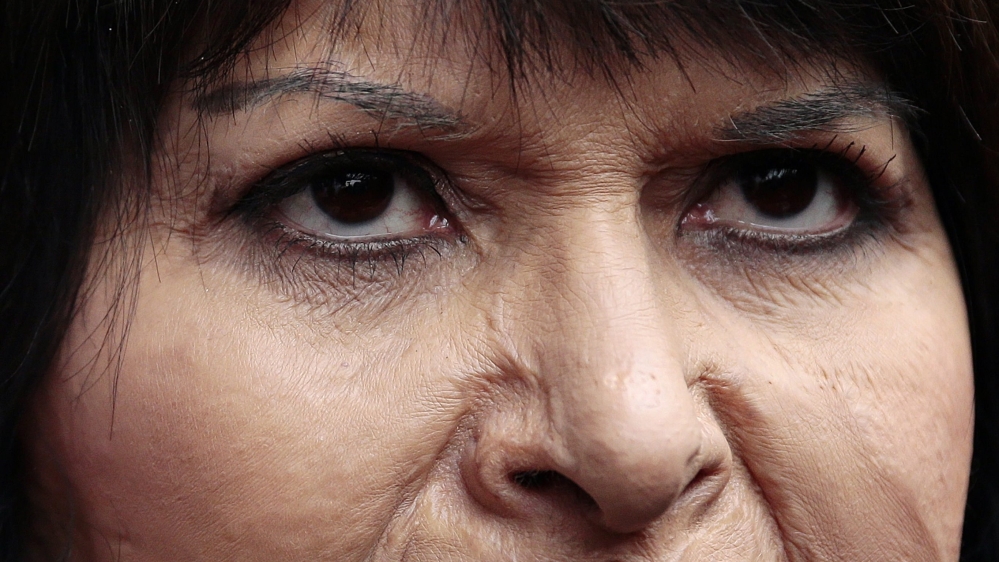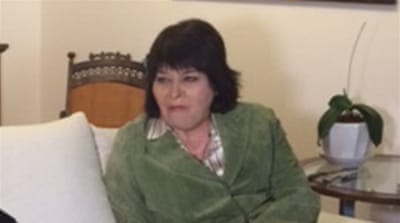Woman set ablaze during a 1986 protest has become a symbol of atrocities and impunity under the country’s dictatorship.

By Lucia Newman
Published On 30 Jul 2015
30 Jul 2015
Santiago, Chile – Carmen Gloria Quintana has had more than 50 reconstruction and plastic surgery operations, but they have not been enough to turn the clock back.
“The scars on my face and burn marks all over my body are visible proof of the atrocities I suffered, but there are many thousands more who are suffering,” she says.
Quintana is the survivor of one of the most horrendous human rights violations committed during Chile’s 17-year military dictatorship. Thousands of others were arrested and never found again.
But this week, it is Quintana’s story that has unleashed a national outcry about a so-called “pact of silence” within the army to cover up its crimes.
Quintana was an 18-year-old university student on July 2, 1986, when she and Rodrigo Rojas, a 19-year-old photographer, were chased down by three military patrols during a protest in Santiago. First they were beaten. Then an officer doused them with petrol and set them ablaze. Afterwards, they were tossed onto a truck, their bodies dumped into a ditch 20km away and left to die. But miraculously they were found and taken to hospital, where after agonising for four days, Rojas died. His last words were: “The military burned me alive.”
Although disfigured from burns to 67 percent of her body, Quintana survived to denounce the crime, becoming a symbol not just of the Pinochet dictatorship’s atrocities, but also of impunity.
Scores of witnesses were threatened, imprisoned and in at least one case forced into exile. Eventually one officer was found guilty of “negligence” and served a few months in prison.
Conscript’s testimony
Twenty-nine years later, the case has come back to haunt Chile’s Armed Forces and the civilians who allegedly helped cover up the crime. Fernando Guzman, a former conscript who belonged to one of the three patrols, has come forward and identified the servicemen and officers involved in the attack. He has also revealed what human rights advocates have long alleged.

Quintana is now a psychologist living in Canada
“There has been a pact of silence in the army. I was paid by the military, but I had to keep my mouth shut,” he says. “We were drilled and rehearsed by two well-known civilian lawyers on what to say to investigators. We were constantly reminded that we had to take care of our family.”
More:
https://www.aljazeera.com/features/2015/7/30/pinochet-era-crime-comes-back-to-haunt-chile
 = new reply since forum marked as read
= new reply since forum marked as read

